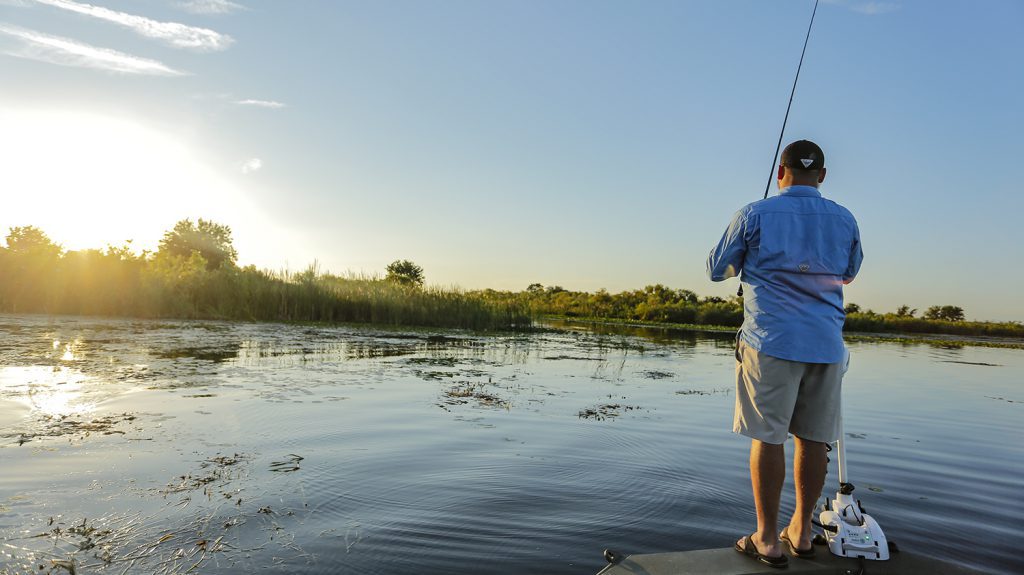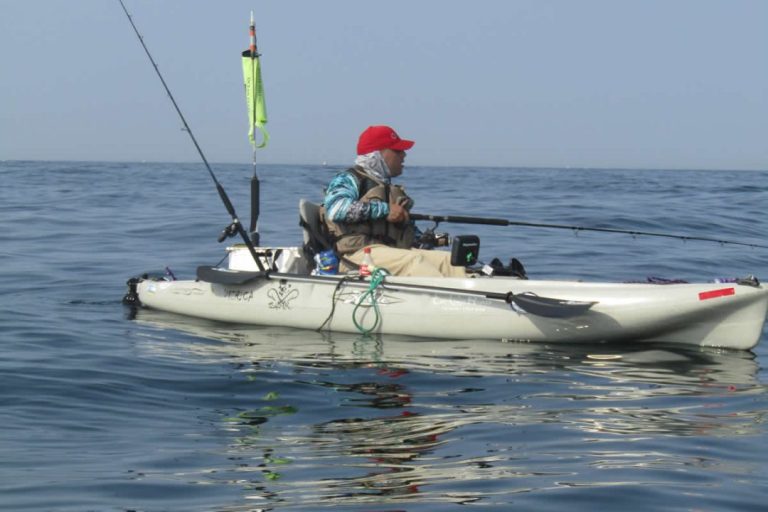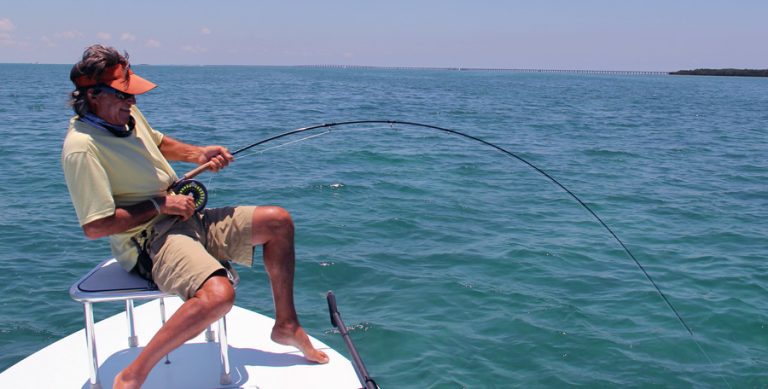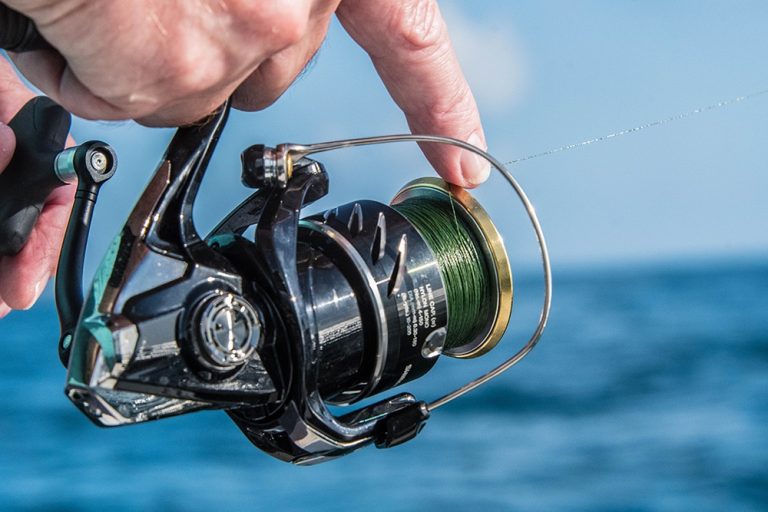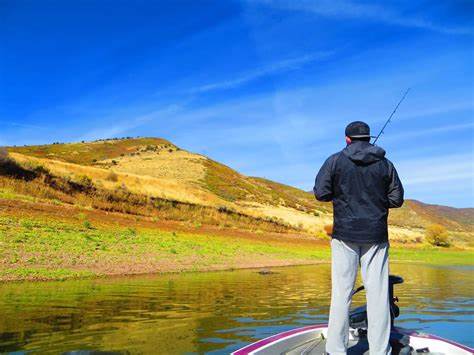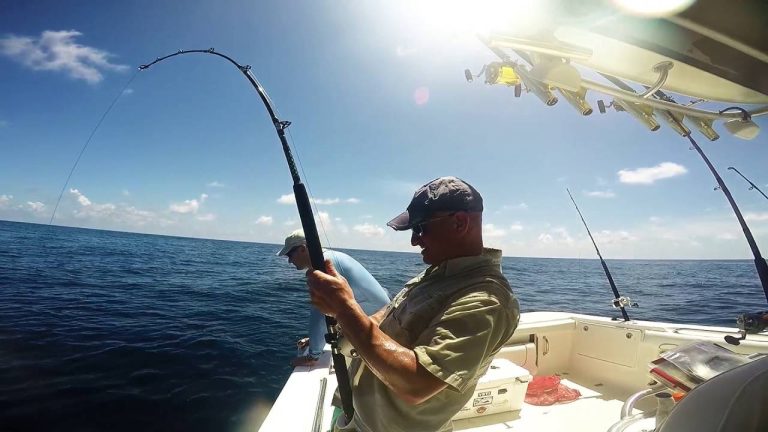Fishing the mighty Mississippi River presents a unique challenge for anglers beyond just catching fish—navigating the complex patchwork of fishing license requirements across multiple states. This comprehensive guide breaks down everything you need to know about Mississippi River fishing licenses, with special focus on the reciprocal agreements that can save you money and keep you legal as you fish this iconic waterway.
Understanding the Mississippi River’s Unique Jurisdictional Challenges
The Mississippi River spans 2,340 miles and borders or flows through 10 states: Minnesota, Wisconsin, Iowa, Illinois, Missouri, Kentucky, Tennessee, Arkansas, Mississippi, and Louisiana. This creates a complex legal situation where fishing regulations can change depending on which bank you’re casting from.
Most importantly, anglers must understand:
- Which state has jurisdiction over different sections of the river
- Where reciprocal agreements exist between neighboring states
- What specific licenses are needed for their particular fishing locations
Reciprocal Agreements: The Most Important Information for Mississippi River Anglers
Reciprocal fishing license agreements are arrangements between neighboring states that allow anglers to fish in boundary waters with a license from either state. These agreements are what Mississippi River anglers search for most frequently, as they can save considerable money and confusion.
Key Reciprocal Agreements Along the Mississippi River
| States | Agreement Details | Waters Covered | Additional Requirements |
|---|---|---|---|
| Minnesota & Wisconsin | License from either state valid | Mississippi River and Lake Pepin | Must follow regulations of the state you’re fishing in |
| Wisconsin & Iowa | License from either state valid | Mississippi River boundary waters | Must adhere to daily bag and possession limits of the state where you’re fishing |
| Iowa & Illinois | License from either state valid | Mississippi River only | Must follow regulations of the state where you’re physically located |
| Illinois & Missouri | No reciprocal agreement | Must have proper license for waters you’re fishing | Illinois border is at middle of main channel |
| Missouri & Kentucky | License from either state valid | Main channel Mississippi River | Must follow more restrictive state regulations |
| Kentucky & Tennessee | License from either state valid | Mississippi River boundary waters | Must follow regulations of state where you’re fishing |
| Tennessee & Arkansas | License from either state valid | Mississippi River boundary waters | Follow regulations of state where you’re fishing |
| Arkansas & Mississippi | Valid license from either state | Mississippi River boundary waters | Must follow wildlife regulations of the state where you’re fishing |
| Mississippi & Louisiana | Valid license from either state | Mississippi River boundary waters | Must comply with more restrictive regulations |
“Understanding reciprocal agreements is the single most important factor in legally fishing the Mississippi River. Without this knowledge, anglers risk expensive fines and penalties.” – Mississippi Department of Wildlife, Fisheries, and Parks
State-by-State Mississippi River Fishing License Requirements
Minnesota
Minnesota defines the Mississippi River as state boundary waters where special regulations apply.
- Resident Annual License: $25
- Non-Resident Annual License: $51
- Short-Term Options: Available for 24-hour, 72-hour, and 7-day periods
Minnesota has reciprocal fishing license agreements with Wisconsin, North Dakota, South Dakota, and Iowa for boundary waters including portions of the Mississippi River.
Learn more about Minnesota fishing licenses
For comprehensive Minnesota fishing license information, visit US Fishing Licenses – Minnesota.
Wisconsin
Wisconsin’s Mississippi River boundary water regulations:
- Resident Annual License: $20
- Non-Resident Annual License: $50
- Short-Term Options: 1-day, 4-day, 15-day options available
Wisconsin maintains reciprocal agreements with Minnesota and Iowa for Mississippi River boundary waters.
Wisconsin DNR Fishing Regulations
For detailed Wisconsin license information, visit US Fishing Licenses – Wisconsin.
Iowa
Iowa’s Mississippi River boundary waters have specific regulations:
- Resident Annual License: $22
- Non-Resident Annual License: $48
- Short-Term Options: 1-day and 7-day licenses available
Iowa has reciprocal agreements with Wisconsin, Nebraska, Missouri, and Minnesota for boundary waters.
For comprehensive Iowa fishing license information, visit US Fishing Licenses – Iowa.
Illinois
Illinois has specific regulations for Mississippi River boundary waters:
- Resident Annual License: $15
- Non-Resident Annual License: $40
- Short-Term Options: 24-hour and 3-day licenses available
Illinois has reciprocal agreements with Iowa and Kentucky but not with Missouri for Mississippi River boundary waters.
For more information on Illinois fishing licenses, visit US Fishing Licenses – Get a Fishing License in Illinois.
Missouri
Missouri’s Mississippi River regulations:
- Resident Annual License: $12
- Non-Resident Annual License: $49
- Short-Term Options: 1-day and 3-day licenses available
Missouri has reciprocal agreements with Kentucky but not with Illinois for Mississippi River boundary waters.
Missouri Department of Conservation Fishing
For detailed Missouri fishing license information, visit US Fishing Licenses – Missouri.
Kentucky
Kentucky’s Mississippi River boundary regulations:
- Resident Annual License: $23
- Non-Resident Annual License: $55
- Short-Term Options: 1-day and 7-day licenses available
Kentucky maintains reciprocal agreements with Missouri and Tennessee for Mississippi River boundary waters.
Kentucky Fish & Wildlife Fishing Information
For comprehensive Kentucky fishing license information, visit US Fishing Licenses – Kentucky.
Tennessee
Tennessee’s Mississippi River regulations:
- Resident Annual License: $34
- Non-Resident Annual License: $98
- Short-Term Options: 1-day, 3-day, and 10-day licenses available
Tennessee has reciprocal agreements with Kentucky and Arkansas for Mississippi River boundary waters.
Tennessee Wildlife Resources Agency Fishing
For detailed Tennessee license information, visit US Fishing Licenses – Tennessee.
Arkansas
Arkansas Mississippi River regulations:
- Resident Annual License: $10.50
- Non-Resident Annual License: $50
- Short-Term Options: 3-day and 7-day licenses available
Arkansas has reciprocal agreements with Tennessee and Mississippi for boundary waters.
Arkansas Game & Fish Commission Fishing
For more information on Arkansas fishing licenses, visit US Fishing Licenses – Arkansas.
Mississippi
Mississippi’s fishing license requirements for the Mississippi River:
- Resident Annual License: $10
- Non-Resident Annual License: $64
- Short-Term Options: 3-day license for $15
Mississippi maintains reciprocal agreements with Arkansas, Tennessee, and Louisiana for boundary waters.
Mississippi Department of Wildlife, Fisheries, and Parks Fishing
For detailed Mississippi fishing license information, visit US Fishing Licenses – How Much is a Fishing License in Mississippi.
Louisiana
Louisiana’s Mississippi River fishing regulations:
- Resident Annual Basic License: $17
- Non-Resident Annual License: $60
- Short-Term Options: 1-day and 3-day licenses available
Louisiana has reciprocal agreements with Mississippi for boundary waters.
Louisiana Department of Wildlife and Fisheries
For comprehensive Louisiana fishing license information, visit US Fishing Licenses – How Much is a Fishing License in Louisiana.
Special Considerations and Exemptions
Age-Related Exemptions
Most states offer exemptions for youth and senior anglers:
- Youth Exemptions: Generally, children under 16 don’t need fishing licenses (varies by state)
- Senior Exemptions: Most states offer reduced-fee or free licenses for seniors (typically 65+)
Military and Veterans
Many states offer special considerations for military personnel and veterans:
- Active Duty Military: Often eligible for resident licenses regardless of residency status
- Disabled Veterans: Many states offer free or reduced-cost licenses
Disabled Anglers
All Mississippi River states offer accommodations for disabled anglers:
- Proof Requirements: Medical documentation of disability typically required
- Fee Reductions: Many states offer reduced or waived fees for permanently disabled individuals
How and Where to Purchase Mississippi River Fishing Licenses
Online Purchase Options
All states bordering the Mississippi River offer online license purchases:
- Visit the state’s wildlife/conservation department website
- Create an account or log in
- Select the appropriate license type
- Pay via credit/debit card
- Print your temporary license immediately
In-Person Purchase Locations
Licenses can also be purchased at:
- State wildlife agency offices
- Sporting goods stores (Walmart, Bass Pro Shops, Cabela’s, etc.)
- Bait and tackle shops
- Some convenience stores in rural areas
Mobile Apps
Several states now offer mobile apps for license purchase and display:
- Digital Licenses: Many states now accept digital versions of licenses on smartphones
- Offline Access: Most apps allow access to your license without cell service
Frequently Asked Questions About Mississippi River Fishing Licenses
Q: If I have a license from one state with a reciprocal agreement, which state’s regulations do I follow?
A: Generally, you must follow the regulations of the state in whose waters you are fishing. In cases where you’re in boundary waters, you must follow the more restrictive regulations.
Q: Do I need both a fishing license and a trout stamp to fish for trout in the Mississippi River?
A: If you’re fishing in sections of the river designated as trout waters, most states do require a trout stamp in addition to your basic fishing license.
Q: If I’m fishing from a boat on the Mississippi River, which state’s license do I need?
A: This depends on which state’s waters you’re in. For border sections, you generally need a license from at least one of the bordering states with a reciprocal agreement. If you cross from one state’s waters to another, having licenses from both states eliminates any potential issues.
Q: Do reciprocal agreements cover all types of fishing?
A: Not necessarily. Some agreements only apply to certain species or fishing methods. Always check the specific details of each agreement.
Conservation and Responsible Angling
While navigating license requirements, remember that these regulations exist to support conservation efforts. License fees fund:
- Habitat restoration
- Fish stocking programs
- Access improvement projects
- Research and monitoring
- Enforcement of regulations to prevent overfishing
Responsible anglers not only obtain the proper licenses but also follow all regulations regarding:
- Creel limits
- Size restrictions
- Seasonal closures
- Proper handling and release of fish
Conclusion: Navigating the Complexities of Mississippi River Fishing Licenses
Fishing the Mississippi River offers unparalleled opportunities for anglers, but requires understanding the complex licensing requirements that change as the river flows southward. The most important takeaways:
- Know the reciprocal agreements between states where you plan to fish
- Verify current regulations directly with state agencies before your trip
- Purchase appropriate licenses for all states where you’ll fish if no reciprocal agreement exists
- Follow the fishing regulations of the state in whose waters you’re fishing
By understanding these requirements, you can focus on enjoying one of America’s greatest fishing destinations rather than worrying about potential violations.
Remember that regulations change frequently, so always check with the appropriate state wildlife agency for the most current information before your fishing trip.
Answer from Perplexity: pplx.ai/share



